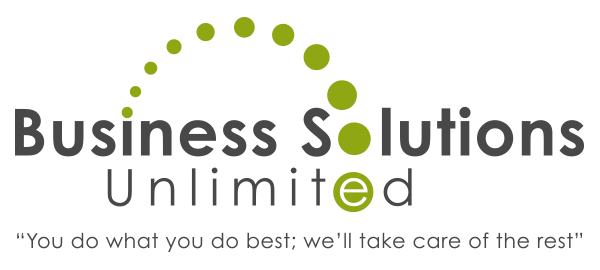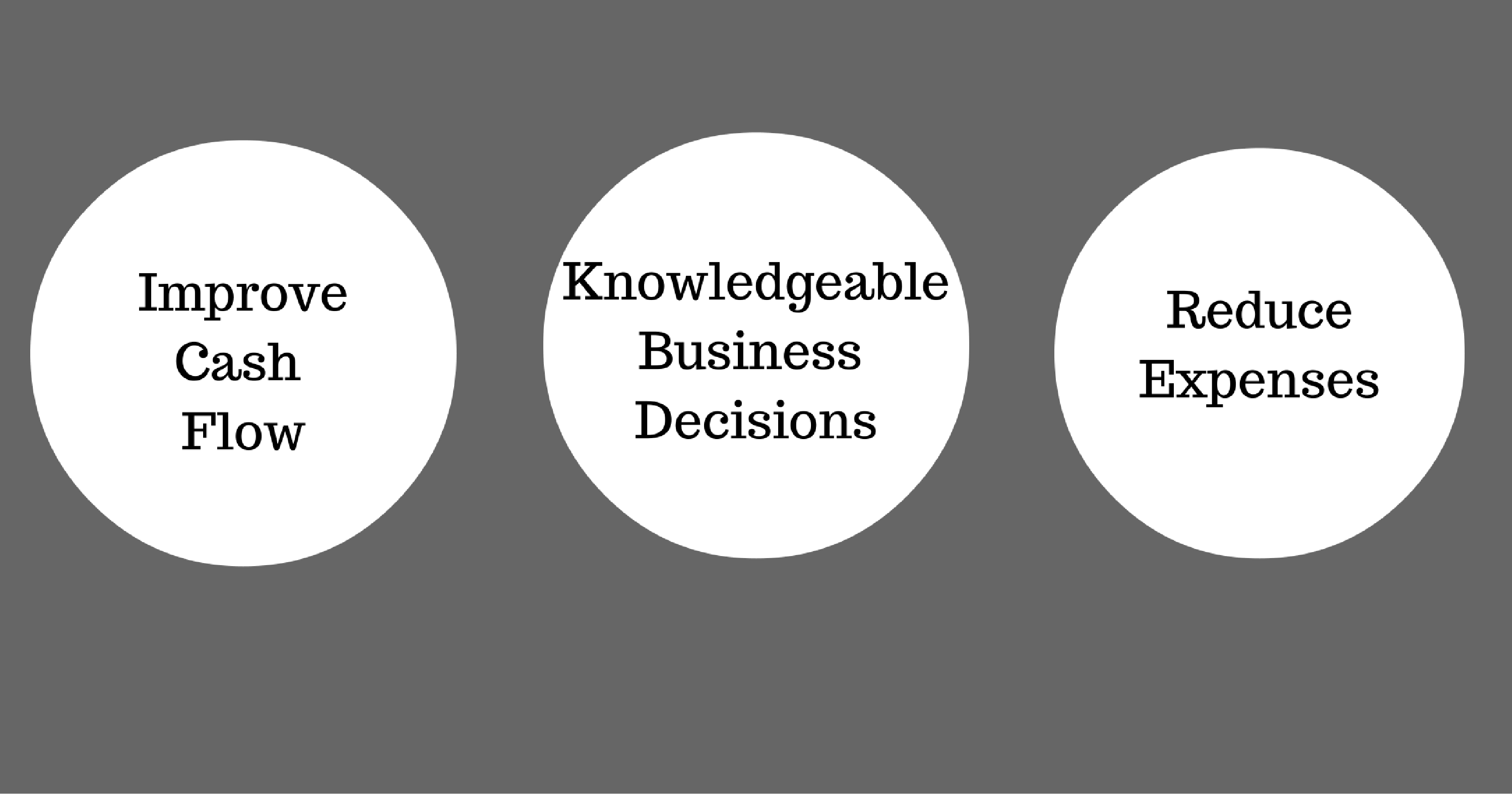Let’s say you just created a brand new, brilliant idea/product for your business to sell.
Congratulations! And as you proudly look at this new shiny product that you’re sure is going to fly off the shelf into consumer hands—a thought crosses your mind.
“How much should I charge for this thing?”
Sure, you could look at what other Jacksonville or St. Augustine-based business charge for a similar product and charge the same. But, does this comparison pricing method capture the full picture?
Does the price include your manufacturing, staffing, or other overhead costs?
Will you, over time, lose money at this price?
That’s where cost accounting can come to your rescue.
What is Cost Accounting?
Cost accounting is literally the accounting of all costs incurred in carrying out your business activities.
By examining the cost structure of your activities, this management accounting process can help you gain an understanding your business’ relationship with money. How you earn it. How you lose it.
Quite simply, this accounting process collects, measures, analyzes, interprets and reports on the real cost of product manufacturing or providing a service.
Valuable Benefits of Cost Accounting
Defining Costs of Business: Cash accounting looks at the business costs, including direct materials, direct labor, overhead, etc. Using this information, a standard costing system can be implemented in your business. This allows the business Owner or Manager to determine price on products and services plus knowledgeably adjust pricing when necessary.
Reduce Expenses: Business Owners and Managers can use information gathered through cost accounting to review the operation of their business. Gaining an understanding of how much money it costs to run their business, Owners can make adjustments to materials and resources to reduce costs.
Improved Cash Flow: Owners and Managers will be able to thoroughly comb through their finances—analyzing necessary and unnecessary cash expenditures.
Knowledgeable Business Decisions: Data from cash accounting allows Owners and Managers to make quantitative business decisions & very helpful when a new business opportunities appear. Owners and Managers can make a decision to pursue the opportunity based on the informed impact it would have on their business.
What Types of Businesses Would Benefit from Cash Accounting?
Cash accounting would benefit most businesses that directly assign costs to items or activities.
Manufacturing: Businesses that produce consumer products require accurate production costs: direct materials, direct labor and overhead. Cash accounting allows manufacturing businesses to plan cost allocation to ensure their expenditures can be recouped by sales of their products.
Retail: Cost accounting allows retail store Owners and Managers to forecast inventory needs, review profit margins and make business decisions based on analyzed financial data.
Service (Transportation, Professional, Restaurant, Maintenance, etc.): Cost accounting helps service-based businesses determine business function costs. This provides Owners and Managers data on how much labor is used and amount of materials used to perform their service. This information can be invaluable to maximize your profit for each customer interaction.
Overall, most businesses could benefit from some level of cash accounting. If you need guidance on cash accounting or any other accounting needs, give us a call: (904) 429-4588.

